Is your child regretting to learn speaking or not responding to his name? It may be the sign of autism. What is Autism? You will come to know how to deal with the autistic children in this article.
Autism, also known as autism spectrum disorder (ASD). Child with autism is known to exhibit wide range of communication and behavioral disorders. ASD child may lack in all the basic areas of development.
This article discusses the signs and symptoms of autism. It presents the best 10 parenting tips to raise a child with autism.
What is Autism Spectrum Disorder?
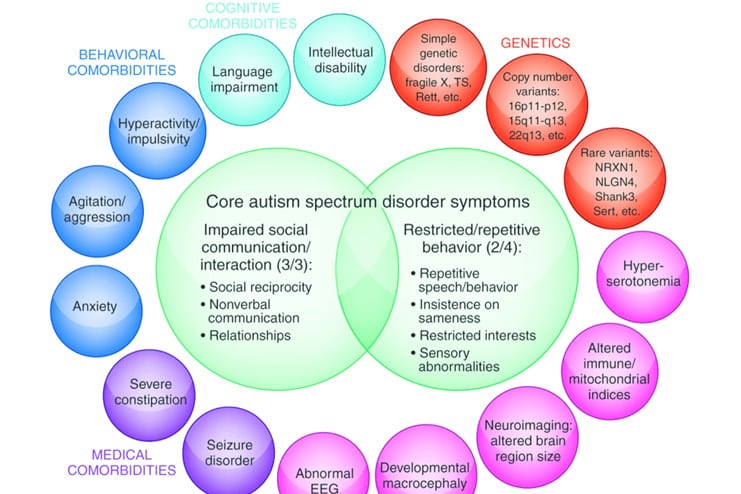
It is a developmental disorder in which the child experiences social, communication, and behavioral challenges. It occurs during infancy and early childhood and continues in the later stages of life.
Although, there is no cure for Autism Spectrum Disorder, Intensive, early and effective treatment is known to bring difference in the lives of ASD child.
What Causes Autism in Child?
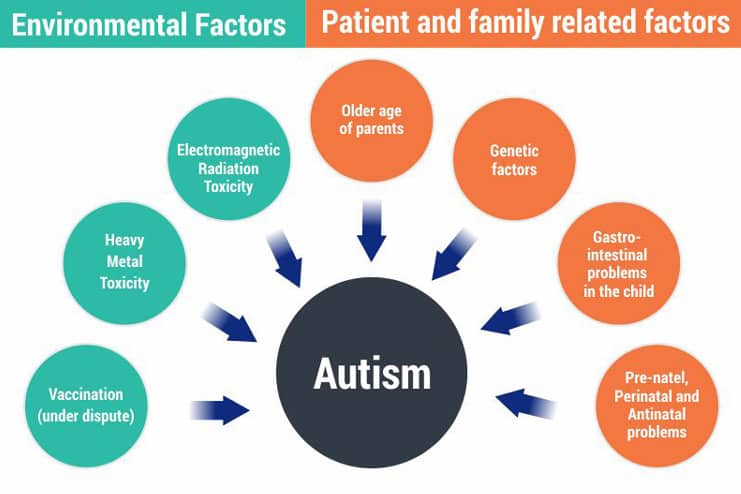
1. Autism linked to genetics:
Changes in certain genes may increase the risk of child carrying autism. Passes from the parent carrying one or more genes to child resulting in autism. There are some cases where the genetic changes arise spontaneously in the embryo. Majority of the changes may not cause disorder.
2. Parental Age:
As per the research conducted by National Center for Biotechnology Information (NCBI), It is known that increased maternal and paternal age increases the risk of autism in children.
3. Pregnancy and Birth Complications:
The use of psychiatric drugs in mother during pregnancy may lead to autism. Children who are exposed to complications like asphyxia and preeclampsia, were most likely to be effected by the autism.
4. Birth Spacing:
It was proved by the pediatrics that both short and long pregnancy intervals are associated with the increased risk of autism. It was published in the Pediatrics, official journal of the American Academy of Pediatrics.
What Not To Do With An Autistic Child?
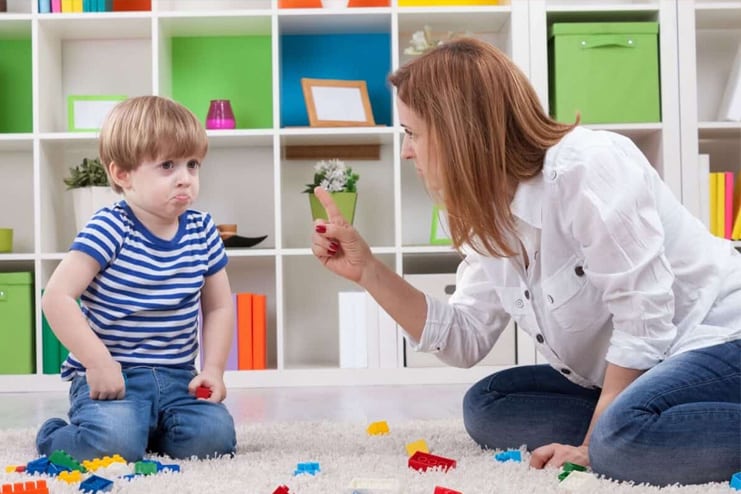
Here are the few things to keep in mind while handling with the autistic child.
1. Don’t Yell: Yelling frightens your kid and this can break the bond between you. The children who are yelled at frequently are more prone to the behavioral disorders.
2. Don’t compare with others: Learning and behavioral skills may vary from child to child. Autistic child will exhibit poor developmental skills. Don’t compare your kid with their peers, this can create stress in your child and negative impact on you. Try to encourage and build the self esteem.
3. Don’t Ignore the child: Never ignore your child. This may leave them feel alone and depressed. Try to spend quality time with your kids by exercising, playing, or eating with them.
4. Don’t Criticize your kids in front of others: Criticizing your kids in front of others is a form of emotional abuse which adversely effects their personality development.
How To Raise A Child With Autism?
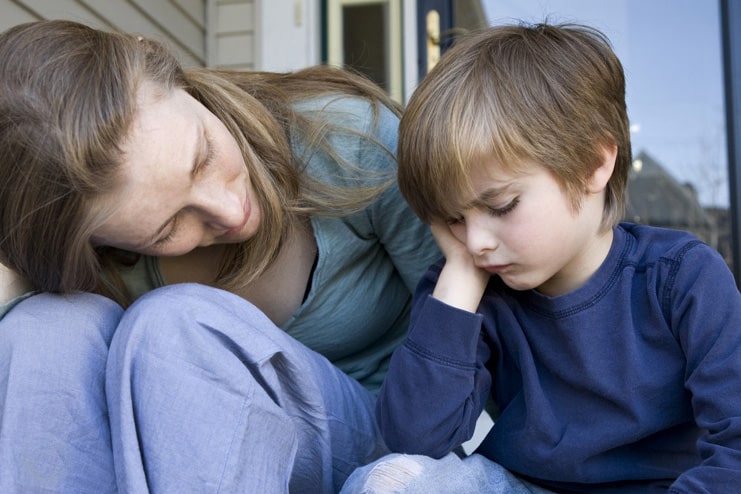
Behavioral management is all about communicating your expectations to the kid in nurturing and loving way.
Things Parents Do to Help Child With Autism:
Here are the few tips on parenting a child with autism spectrum disorder.
Tip 1: Learn about autism
The foremost thing to do before handling with autistic child is to know yourself autism. You should understand the triggers of inconvenience in your child. Make your child to feel unconditionally being loved which makes them to feel safe and secure.
Tip 2: Be Consistent
A well structured discipline standards are required to correct your child. Give it the priority and be consistent with the rules. Making a daily morning routine makes the kids to that it’s time to eat breakfast. Keep your kid’s routines simple. With the practice, they can frame their own daily routines without your assistance.
Prediction of the activities that take place later in the day, will make kids feel safe, confident, and comfortable.
Tip 3: Praise Your Child
Like any other child, the autistic child responds well to the positive feedback. Praising makes them feel good. Be specific with the behavior that make them to be praised. Look for the other ways to praise them like offering their favourite toy, or a sticker.
Tip 4: Make them Open
Planning more funny activities which are neither related to education nor therapy may help your child to form a friendly bond with you.
Tip 5: Enhance Peer Relationships
Social interaction plays vital role in the development of child. School is the best platform, which offers ASD child and their peers a space to build and maintain social networks and meaningful relationships.
Lack of social skills make ASD child to interact less with their peers. Teachers and other students in the school can help the ASD child to improve social and play skills by involving the child in co operative games
Tip 6: Use Clear and Simple Messages
Prepare a set of behaviors that you want to see in your child and communicate your expectations to your child in a simple way. Usually much effort should be involved in conveying your theme to the ASD child. To make it more simple, convey your expectations through pictures or gestures, that can be easily understood by your child.
Tip 7: Explore Non Verbal Ways to Connect
Connecting with a ASD child is challenging. You don not need to talk for hours to form the bond and connect to your child. It may not yield you the better results. Here are the few.
Here are the few non verbal ways helping your child with autism thrive.
a) Pick Up Non Verbal Cues: You can pick up the non verbal cues that the ASD child used to communicate like- sounds, facial expressions, gestures they use when they are tired, anxious, hungry or need something.
b) Manage Tantrums: autistic child often throw tantrum to get your attention or when you did not pay attention to their non verbal cues. The best way to manage the tantrum is staying connected.
c) Observe Sensory Sensitivities: Some autistic child are hypersensitive to light, sound, touch, taste, and smell and some are under sensitive. Figure out what sensations trigger bad mood and what throw him into a good mood. Better understanding of the triggers will help you to find out the best troubleshooting techniques by preventing the difficult and stressful situations.
Tip 8: Take your kid out for shopping
Taking your kid along with you will help them to learn coping skills. Explain your kid the rules and explain how you want them to behave in the shop.
For example, Take your child to the grocery store and make it a short trip. Plan for 2-3 short trips to grocery store. If you feel that there is a good transition in your child strong enough to handle short trips, then keep on increasing the duration of the trip gradually.
Tip 9: Video Games
Many children with mild symptoms of autism enjoy playing video games with their peers. This helps them to improve social skills, learn a variety of problem solving skills. Playing their favourite video games with their peers help autistic child to connect and form friendly bonding with the peers.
Here are the best video games for the child with autism:
1. Minecraft
2. If..
3. New Super Mario Bros. U
4. Portal 2
5. Draw Something 2
Tip 10: Handle stressful situations
Raising a child with autism is the greatest challenge of parenting. Never lose patience while dealing with your child. Do not get stressed if your child did not reach your expectations. Instead of feeling defeated, motivate yourself at the times of stress. Make sure that your child is not effected by your stress.
You may also read How to be Friends with a child who has autism
Signs & Symptoms of Autism in Children:
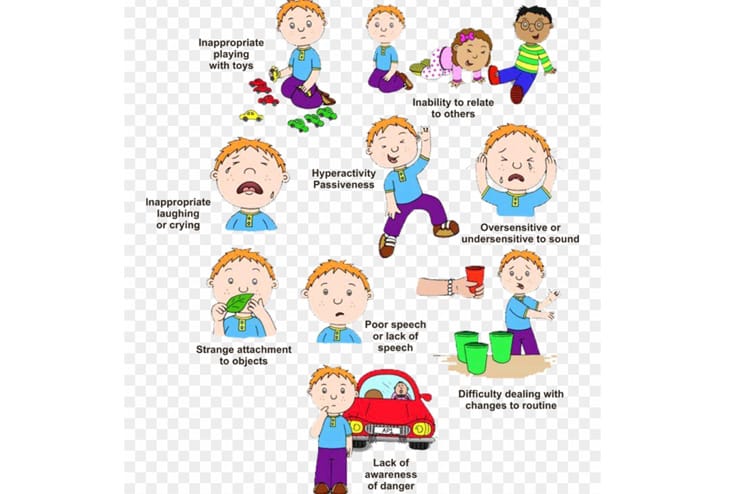
If you notice the following signs in your child, then he may be suffering with autism disorder.
- Lack of understanding of social cues and empathy
- Do not show interest in playing with peers
- Sleep disturbances
- Lack of social skills
- Delay in developmental skills like- speaking,
- Lack of eye contact
- Not respond to their names
- Insecure feeling which makes them to avoid physical contact
- Repeating words/phrases or movements
- Hurting themselves
- Abnormal body posture and facial expressions
Though autism may not affect the physical health of the child early intervention is required during preschool years to help child learn social, communication, and behavioral skills. All these skills together can make your child to develop into a matured social being with self esteem and confidence. This article has given the top 10 tips to raise a child with autism.









































